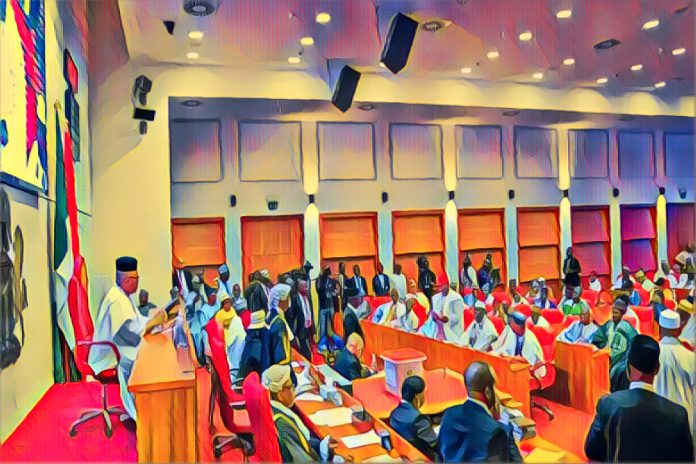Key Points
- A bill proposing a coastal state from Ondo State passed the first reading.
- The bill seeks to develop riverine communities in southern Ondo.
- Several other bills for new states are progressing in the National Assembly.
On Wednesday, a bill that would turn Ondo State into a coastline state passed its first reading in the Senate. Sen. Jimoh Ibrahim of the Ondo South Senatorial District is the bill’s sponsor.
It asks for a constitutional modification to permit the establishment of the new state.
Coastal state proposal aims to boost riverine community development.
According to business day, Ibrahim maintained that the creation of the coastal state would hasten the development of southern Ondo State’s riverine villages. In the upcoming Senate session, he said he was confident the bill will pass both its second and third readings.
The National Assembly is now considering an increasing number of state-creation bills, including this one. Sen. Kawu Suleiman Abdurrahman of the Kano South Senatorial District is the sponsor of another well-known measure in the Senate that aims to split Kano State into Tiga State. In order to create the new state, the “Constitution of the Federal Republic of Nigeria (Alteration) (Creation of Tiga State) Bill, 2024” seeks to alter the 1999 Constitution.
Likewise, a bill introduced by Delta North Senator Ned Nwoko to establish Anioma State in the South-East has also passed its first reading. By amending three provisions of the 1999 Constitution, Nwoko’s bill would increase the number of states from 36 to 37, adding Anioma to the list right after Delta. Aniocha North, Aniocha South, Ika North-East, Ika South, Ndokwa East, Ndokwa West, Oshimili North, Oshimili South, and Ukwuani local government districts would all be included in the planned Anioma State, which would have Asaba as its capital.
Growing demand for new states across Nigeria intensifies.
Five South-East members of the House of Representatives have suggested that Abia, Anambra, Ebonyi, Enugu, and Imo states be divided into Etiti State. In order to raise the number of states to 37, the measure aims to amend Section 36 of the 1999 Constitution. Lokpanta would serve as the capital of the proposed Etiti State, which would consist of eleven local government districts.
A bill that would create Orlu State from the states of Imo, Abia, and Anambra has also passed the House’s first reading. Rep. Ikenga Ugochinyere, who represents Imo State’s Ideato North/Ideato South Federal Constituency, is the bill’s sponsor.



